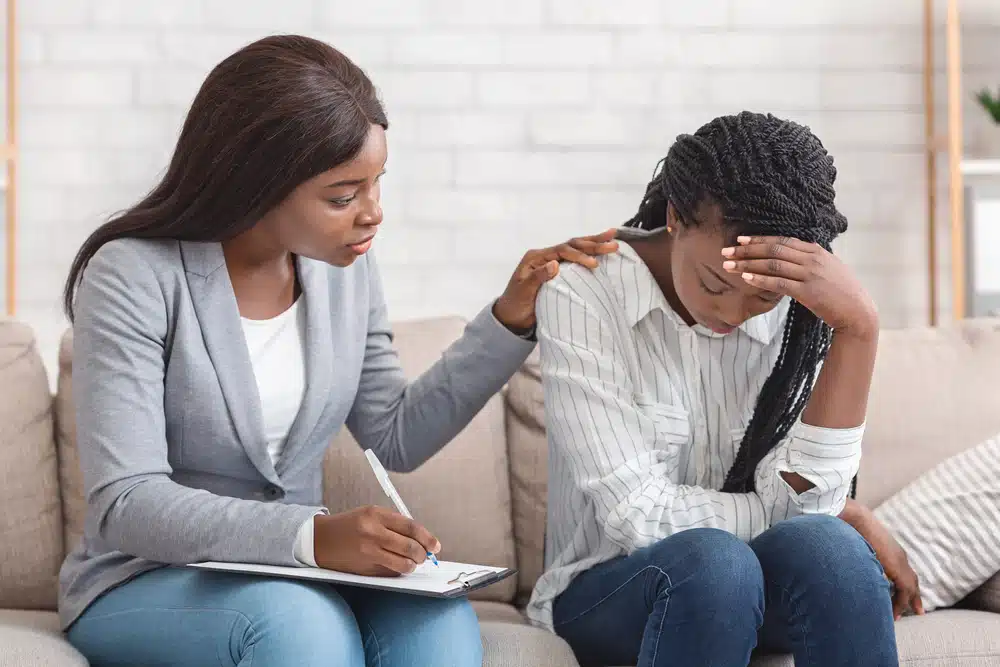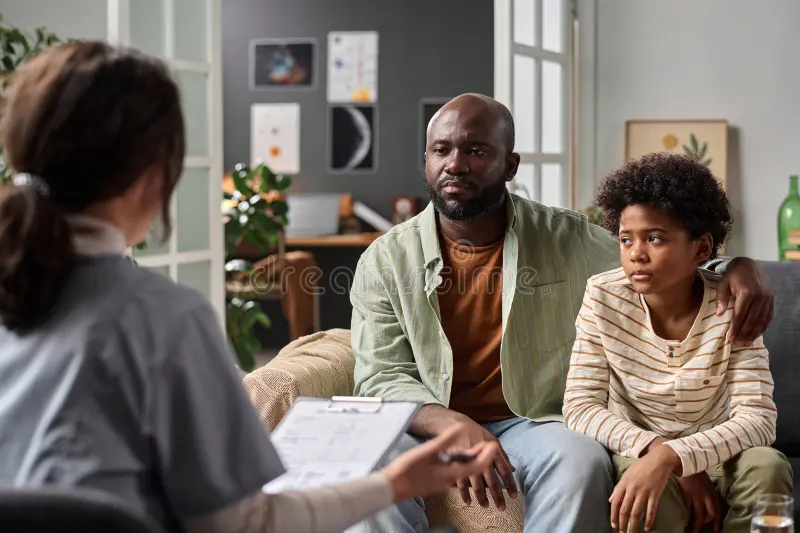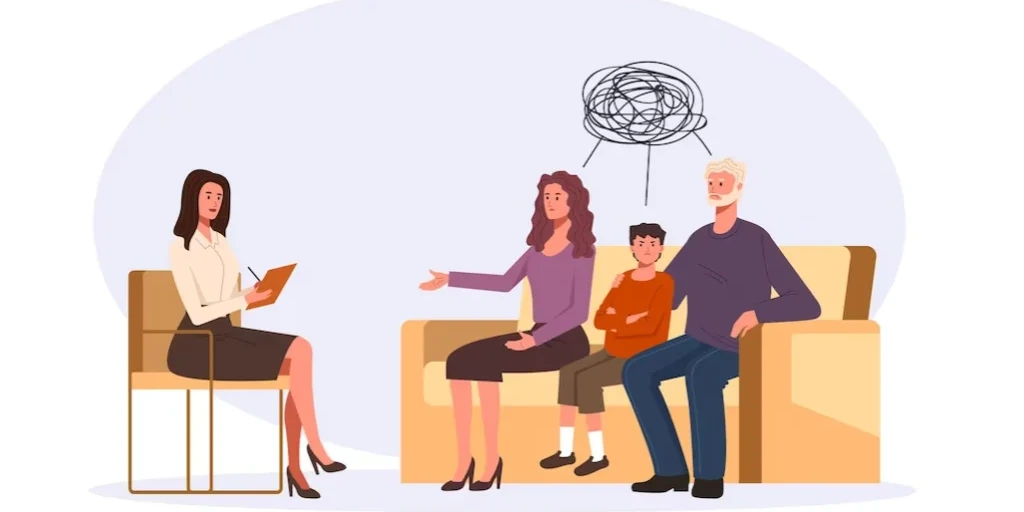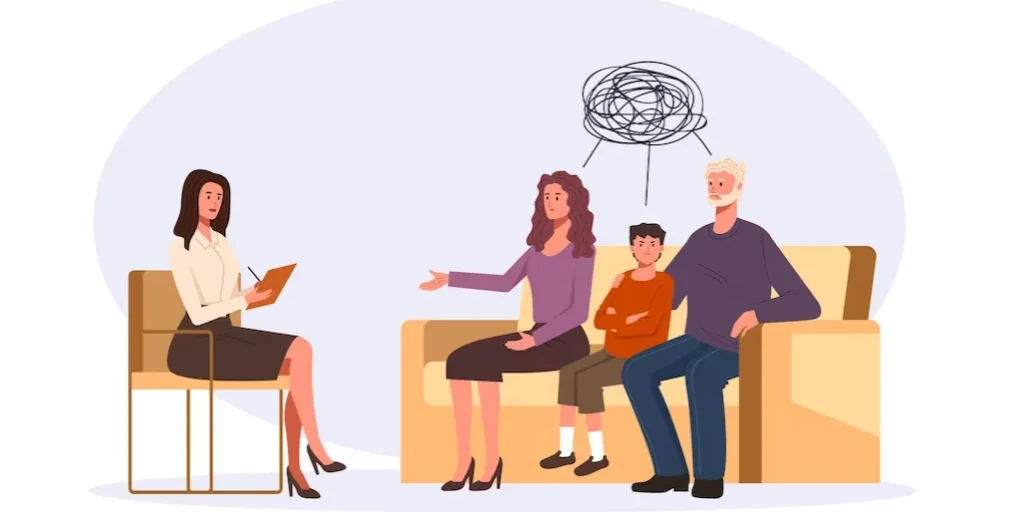24/7 Helpline:
(866) 899-111424/7 Helpline:
(866) 899-1114
Learn more about Bipolar Disorder Treatment centers in Allen County
Bipolar Disorder Treatment in Other Counties

Time Out Community Counseling and Correctional Services
Time Out Community Counseling and Correctional Services offers outpatient treatment for individuals ...

LifeSkills Service Center – Allen County
LifeSkills Service Center – Allen County is a private rehab located in Scottsville, Kentucky. LifeSk...

More to Life Counseling
More to Life Counseling offers faith-based and evidence-based counseling services for individuals, f...


































































Other Insurance Options

Amerigroup

CareFirst

WellCare Health Plans

Evernorth

MHNNet Behavioral Health

AllWell

Medical Mutual of Ohio

Carleon

GEHA

Absolute Total Care

Optima

Coventry Health Care

Self-pay options

Cigna

Access to Recovery (ATR) Voucher

Premera

Excellus

CareSource

BHS | Behavioral Health Systems

Health Partners